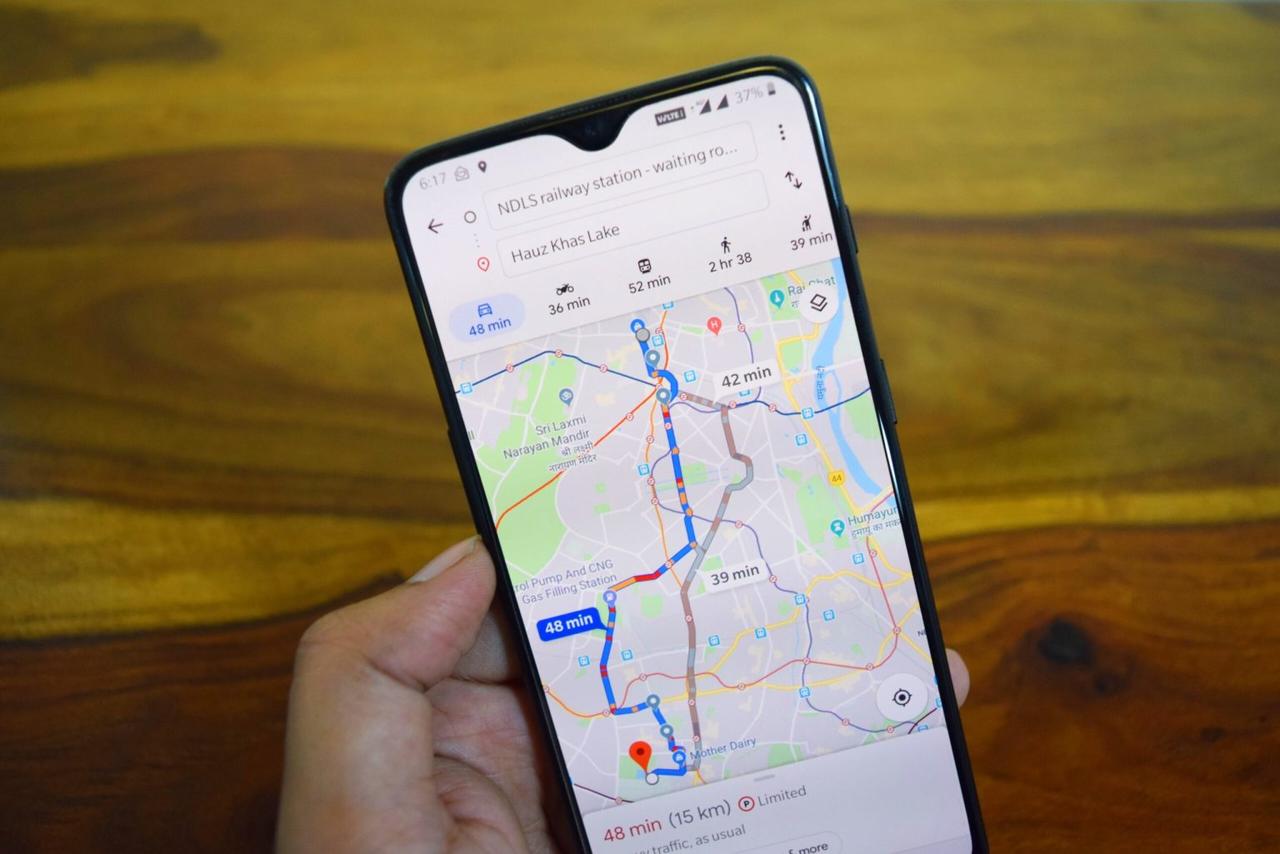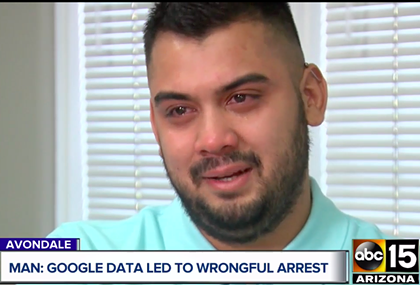Months ago we detailed an incredibly scary and Orwellian tool in the local police arsenal known as a "geofence warrant". As described at the time it's essentially a virtual dragnet over crime scenes where police request to sweep up Google location data drawn from users’ GPS, Bluetooth, Wi-Fi, and cellular connections from everyone who happened to be near a crime scene. From this blanket of surveillance law enforcement then try to figure out which phones may be tied to suspects or possible witnesses.
Already this type of blanket surveillance warrant, which works as a kind of 'guilt by proximity' at the time a crime occurred, has been used by police to arrest what turned out to be innocent bystanders who were suddenly surprised to find themselves prime suspects. It's perhaps been used only dozens of times in some states, but will likely only increase alongside similar "pre-crime" algorithm technologies. In one instance earlier this year, a Gainesville, Florida man was caught up in a legal nightmare because he merely rode his bicycle unbeknownst near a home burglary at around the same time it happened.
And it was in 2018 that for the first time a man had been falsely accused and arrested based on a controversial geofence warrant for the crime of murder.

The details of that prior alarming case are presented by Wired as follows:
IN 2018, 23-YEAR-OLD Jorge Molina was arrested and jailed for six days on suspicion of killing another man. Police in Avondale, Arizona, about 20 miles from Phoenix, held Molina for questioning. According to a police report, officers told him they knew “one hundred percent, without a doubt” his phone was at the scene of the crime, based on data from Google.
In fact, Molina wasn’t there. He’d simply lent an old phone to the man police later arrested. The phone was still signed into his Google account. The information about Molina’s phone came from a geofence warrant, a relatively new and increasingly popular investigative technique police use to track suspects’ locations. Traditionally, police identify a suspect, then issue a warrant to search the person’s home or belongings.
So much for that supposed 100% police certainty.
It's but one example illustrating the likely hundreds of ways geofence warrants could be abused or flat out link completely innocent individuals to a crime. It also strongly suggests old fashioned detective work is increasingly being replaced by dubious technological means.
Here's more from local reporting at the time on just how police came to arrest the wrong man, all while ensuring him they "knew" he did it:
"I told Jorge that we knew, one hundred percent, without a doubt, that his phone was at the shooting scene," the police report on Knight's murder states. "Jorge gasped and said, 'What! This feels like a fricking nightmare!'" Molina began to cry, saying, "Oh my God, this is insane."
As it turns out, police did not know "one hundred percent, without a doubt, that his phone was at the shooting scene."
He had lost his job, his car, and his reputation suffered irreparable damage as a result of the publicity that followed - not to mention having to rot six days in jail when the only "evidence" was Google data.
The case later fell apart and police finally caught the real killer.
In early 2020 Molina sued the city police, specific officers that arrested him, as well as the chief of police. He's also reportedly now suing Google for $1.5 million dollars.
According the the latest reporting in Wired, a couple of recent breakthroughs may help in both Molina's efforts, and privacy advocates to hope to see the practice end:
Federal magistrate judges echoed these criticisms in July in denying requests from the US Attorney’s Office in Chicago for geofence warrants to help investigate stolen pharmaceuticals. The office said it used a three-step protocol that protected user privacy. First, it limited the request to a specific time and location; then, it looked for corroborating information about the phones identified as being in the area. Only after that did it ask Google for specific information about a small number of device owners.
Two judges have now denied requests for geofence warrants, citing Fourth Amendment protections and lack of evidence, which privacy groups are hailing as a huge step toward banning geofence warrants altogether.
zerohedge

